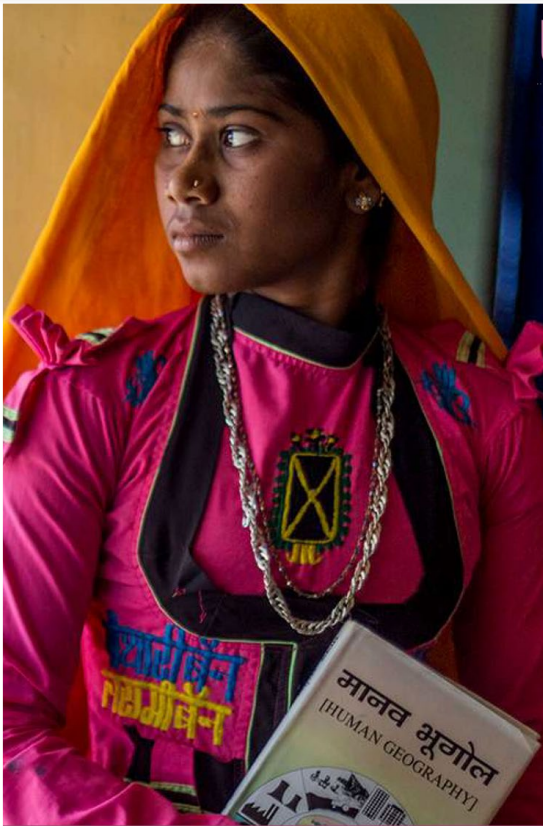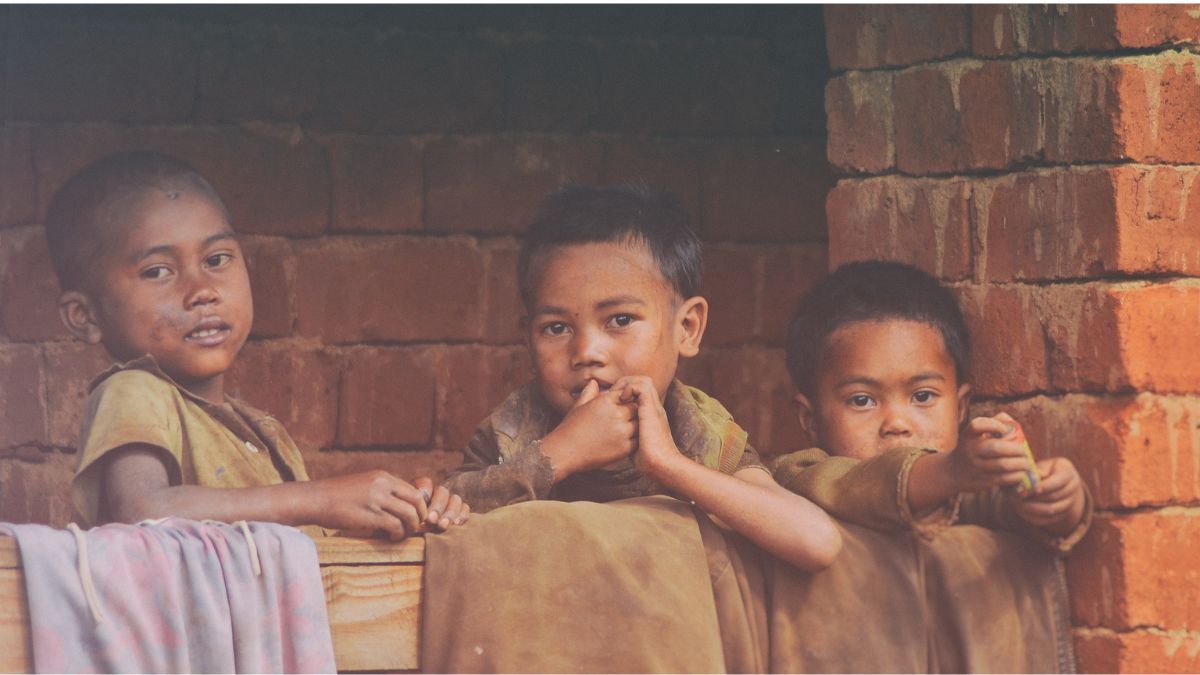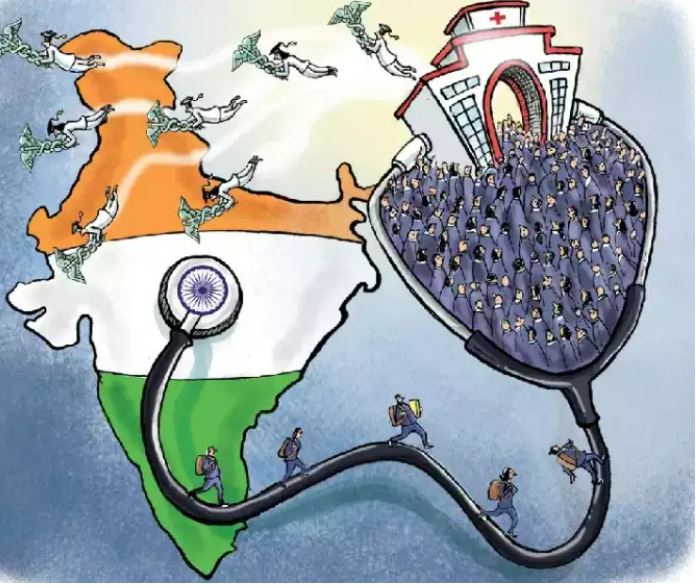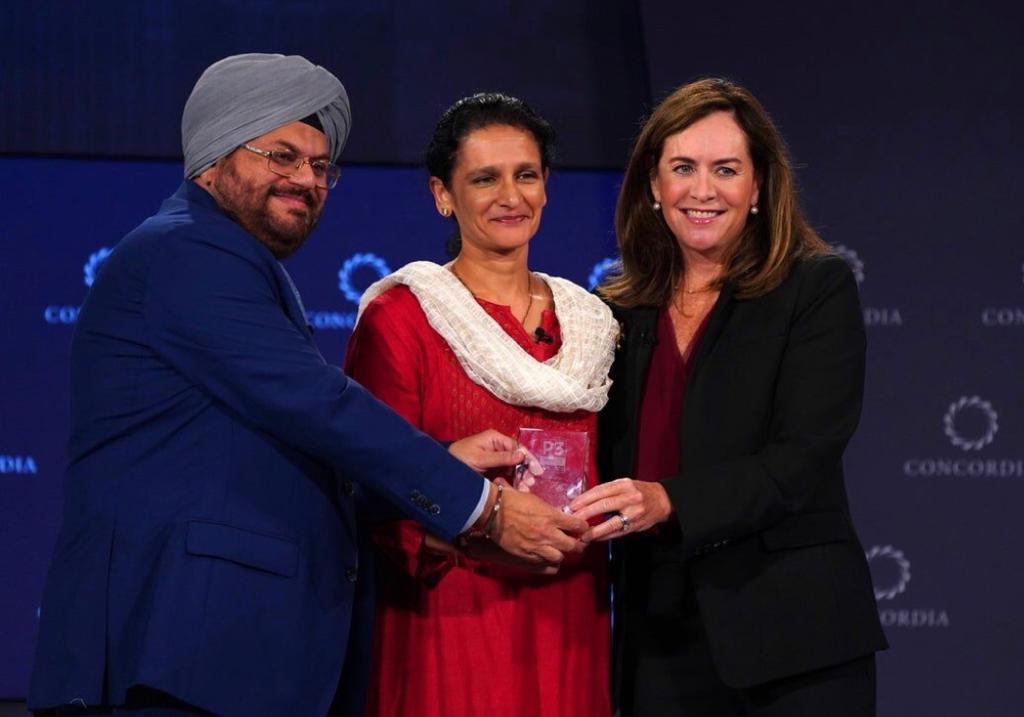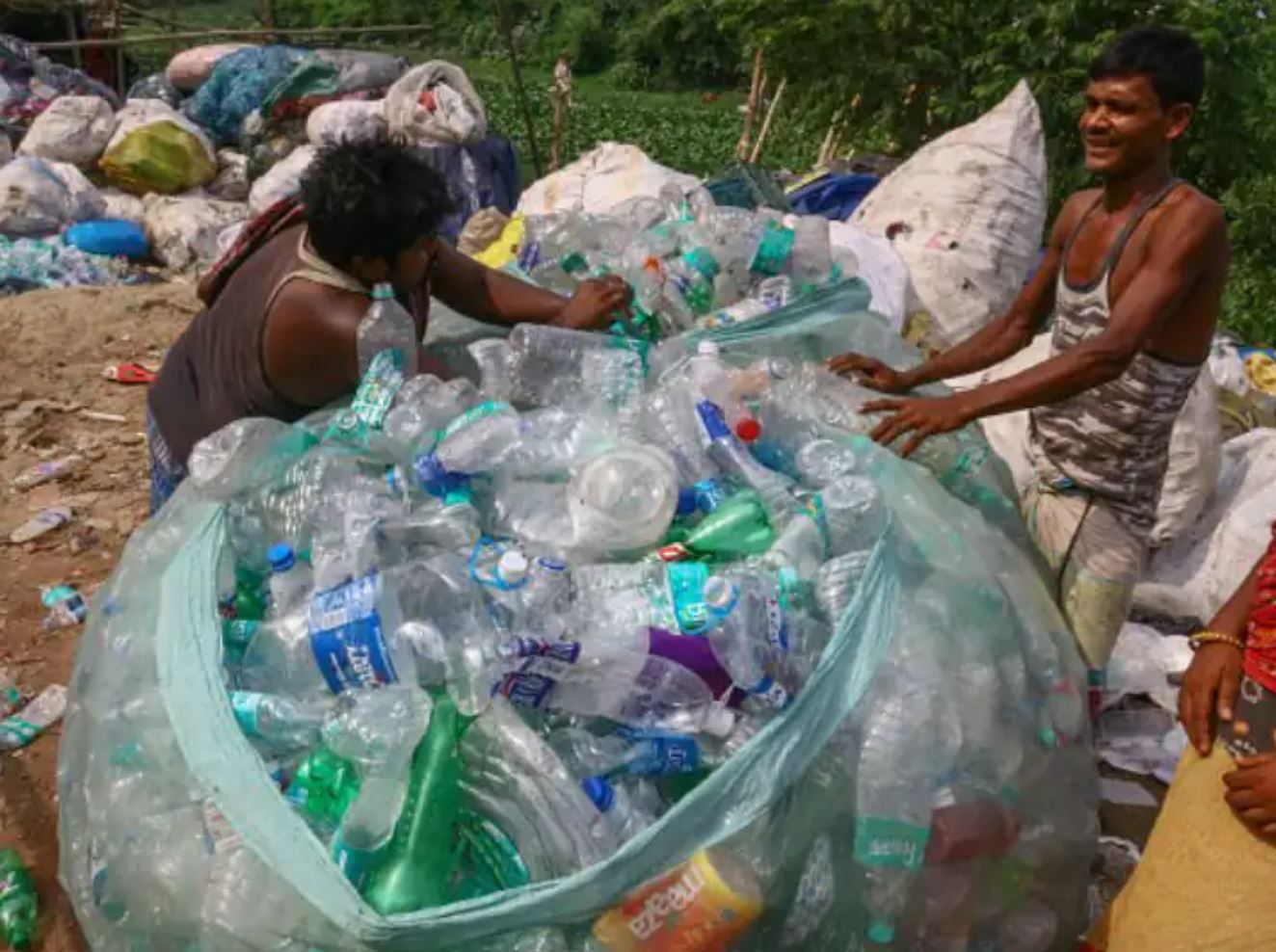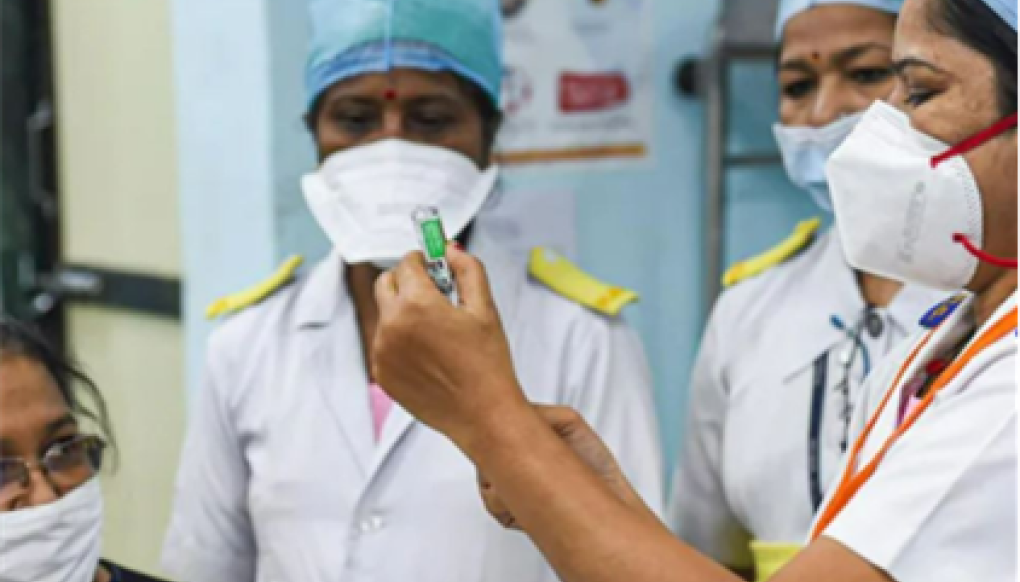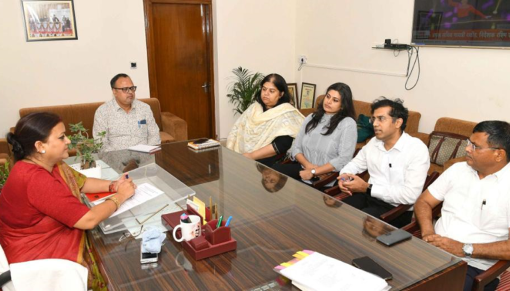India is home to nearly 40 per cent of all low birth weight babies in the developing world. In 2011 around 61.7 million children were stunted under the age of five and over 25 million children are wasted, as per the UNICEF, 2013. Anaemia is rampant amongst pregnant women. Despite impressive economic development, nutritional status of its children and women continues to be a serious concern.
Back in 1975, Government of India launched an ambitious Integrated Child development Services(ICDS) programme, the world’s largest supplementary feeding programme along with complementary interventions for over all growth and development of children. Bihar Technical Assistance and Support Team (BTAST) under the Sector Wide Approach to Strengthening Health in Bihar (SWASTH) Programme supported by Government of UK’s Department for International Development (DFID) has been working for strengthening community component through Nodal Anganwadi centres called Uddeepan (means to kindle).
The nodal Anganwadi centres (n-AWC) strategy is being implemented through the Uddeepan intervention where one AWC in every panchayat is chosen as the n-AWC with the objectives of –(i) kindling interest in the community on issues of nutrition(ii) handholding the AWW to actively organise and mobilise the community to participate in activities and motivate other AWCs in the vicinity to adopt relevant best practices from the n-AWC . The strategy has been rolled out in 9 districts of Bihar which constitutes of 1731 n-AWCs. Additional focus on community led sanitation in these areas also contributes to nutrition improvements. Initial results are encouraging.
Strong engagement of demand side is of paramount importance in nutrition intervention. Village Health, Nutrition and Sanitation committees ( VHNSCs) established under National Health Mission should be catalysts for organising demand side in nutrition. Families should be keen to know weight gain of their kids at AWCs. Interventions like Udeepan centers which strengthen the community support systems among the poorest quintiles provide useful learning’s for mainstreaming in the national programme. By Ashwajit Singh, Chairman and Managing Director, IPE Global.







